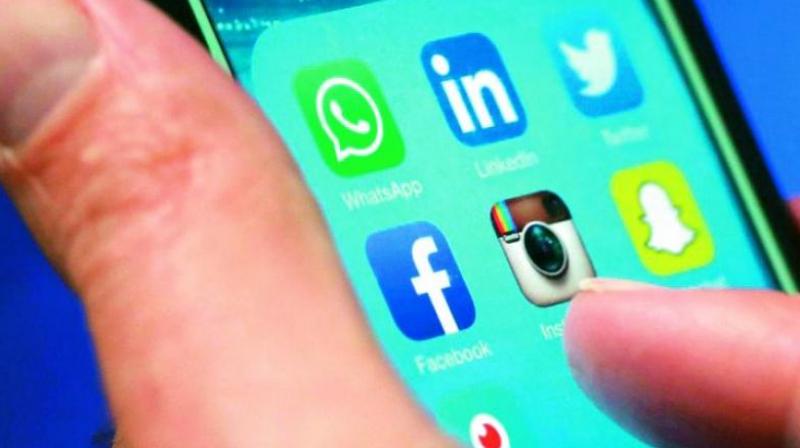DC Edit | Stamp out tech fakery from poll-time politics
Maliciously altered videos stir controversy, posing challenges to authenticity and social harmony during election season;

Given the rapid spread of artificial intelligence in the tech world, it was on the cards that AI-enabled deepfake videos would surface during the 2024 elections. It took a malicious doctored video of the home minister, Amit Shah, to turn the glare of the spotlight on the extent of the threat posed by such emerging technology in politics as the general elections are taking place and issues like reservations and religion-based quotas have become hot button topics.
The danger posed by the spreading of maliciously created videos to intrude into the lives of celebrities like former cricketer Sachin Tendulkar and Bollywood actresses was just a teaser. With AI being used to distort quotes of top political leaders, the issue has blown up into a full-scale challenge to authorities in dealing with the mischief social media platforms can create by enabling the wide distribution of such fakery.
The malevolent use of AI to distort quotes like those of the Prime Minister, the home minister, and the ruling party chief as well as those of top Opposition leaders may be aimed at deriving an advantage in the polls, but they can too easily create social discord.
The Amit Shah doctored video portrayed him as advocating the abolition of reservations altogether for SCs, STs and OBCs while he only said that the BJP, if voted to power in Telangana, would withdraw reservations for Muslims that are based on religious grounds and ensure that SCs, STs and OBCs get quotas as guaranteed under the Constitution.
Deepfake videos, too, pose significant challenges in verification of the authenticity of their content. It is essential that critical judgment be exercised when forwarding such material. That notices have been served to many elected representatives, including the Telangana CM, for forwarding the fake Amit Shah video brings out the danger in casually forwarding material that could be ultrasensitive, particularly in poll time.
The Opposition makes the point that, while the Delhi Police have taken the Amit Shah fake video issue seriously and forces in other states are making arrests of persons thought to be involved in spreading the fake video, they have not shown the same zeal in acting on complaints of fake videos featuring the Congress leader Rahul Gandhi.
The crux of the Amit Shah fake video issue is that deliberate mischief is being sought to be created for poll gains by misleading people on the reservation issue, about which the RSS and the ruling party have cleared the air in the face of Opposition charges of their being against quotas altogether.
Of course, a distinction is to be drawn between those who used deepfake technology to manipulate the videos and deliberately spread misinformation and those who may have merely forwarded the fake videos on social media platforms. Those who forwarded the videos may not have exercised proper judgement on encountering such material online, but it is moot as to whether they are culpable of a criminal act.
Social media platforms and manipulative technology have been used as tools to try and control outcomes or create favourable results in at least two US presidential elections in 2016 and 2020, as well as in the polls of many other countries. The Amit Shah fake video case is the first major one testing the free and fair poll process existing in India.
However divisive the politics of the times may be, the debate on reservations and quotas cannot be allowed to get so polemical. Quotas have been around for decades and are here to stay regardless of who wins general elections in India. It is time our leaders moved on from quota vote bank politics to other meaningful issues.

